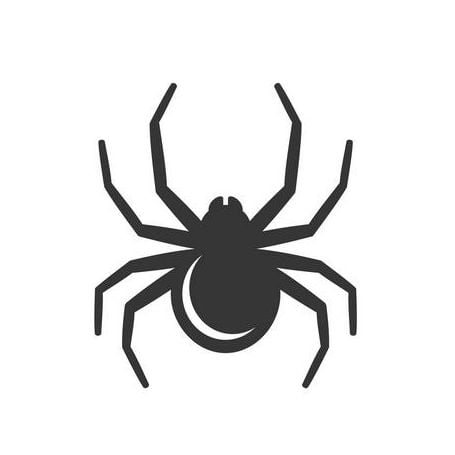

The ⟨W⟩ is silent now, but it wasn’t until 1500 or so. Back then the word was pronounced /two:/; it would almost rhyme with contemporary “toe”. But then that /o:/ became /u:/ (the modern pronunciation), due to the Great Vowel Shift, and since /w/ and /u/ are really similar they fused together.
@FourPacketsOfPeanuts@lemmy.world mentioned that in a few associated words that ⟨W⟩ letter still represents an actual /w/ phoneme, note how the following vowel is different - that blocked the “fusion”.


























This is not unpopular. At least acc. to my experience.